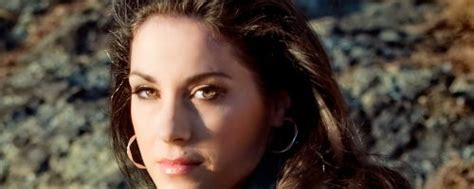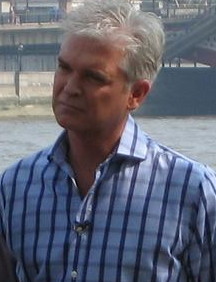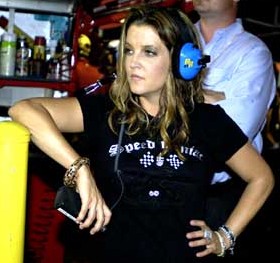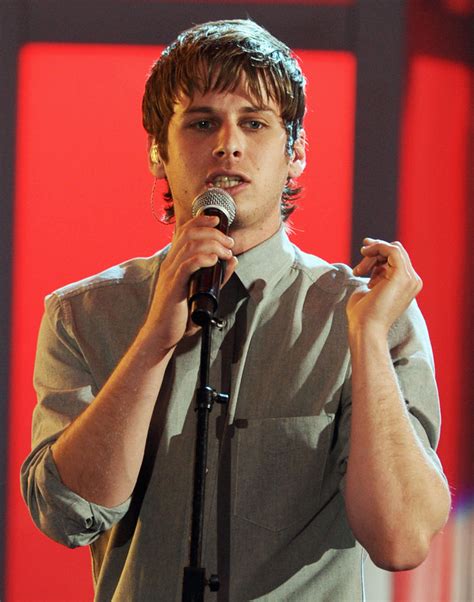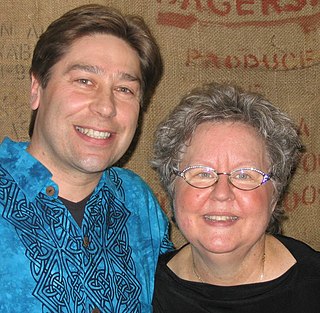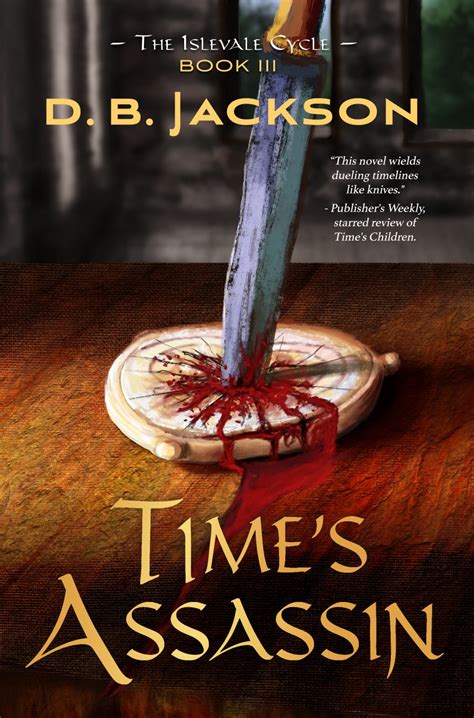A Quote by Paula Pell
When I finally finished writing 'Sisters,' I started getting hired for lots of rewrites.
Related Quotes
I started writing when I was around 6. I say 'writing,' but it was really just making up stuff! I started writing and doing my own thing. I didn't really know what a demo was or anything like that, so I started getting interested in studio gear and started learning about one instrument at a time. My first instrument was an accordion.
I started seriously applying myself to writing fiction immediately after I finished graduate school. By 'seriously,' I mean that, instead of noodling along on a story, finishing it or not as the mood struck me, I set out to complete what I started, to polish it to the best of my ability, and to send out the finished story.
When you're writing - when I'm writing anyway - I'm writing out of different kinds of preoccupations and obsessions, different forms of drivenness, and so you're really hostage those while writing. I am, anyway. And it's only when you finally take the finished thing out of the furnace that you see what it was that went into the making of the thing.
The jingles saved my life. When I got hired to do that, I was on top. I finally was making a living doing what I loved. Before that, it was so bleak; it got so dark in L.A. I was 25, been living there for seven years trying to make it, and getting really close to getting signed with different bands and as a solo artist only to have my hopes dashed.
I've grown up with a piano in the house, and that's where I started to be able to learn things by ear. Guitar kind of happened, and I was using it just for writing at first. Then, I was writing so much that I began to realise that I knew how to play, and that's when I started getting nerdy about it.
I'm glad that I didn't have the Internet when I started writing. I started writing when I was 20 and didn't show a word of it to anyone until I was 28. I had the sense to keep it to myself. Now the temptation with blogs and such, they're just getting it out there; maybe it would have been best to keep it to themselves.
Every first-rate editor I have ever heard of reads, edits and rewrites every word that goes into his publication.... Good editors are not 'permissive'; they do not let their colleagues do 'their thing'; they make sure that everybody does the 'paper's thing.' A good, let alone a great editor is an obsessive autocrat with a whim of iron, who rewrites and rewrites, cuts and slashes, until every piece is exactly the way he thinks it should have been done.

